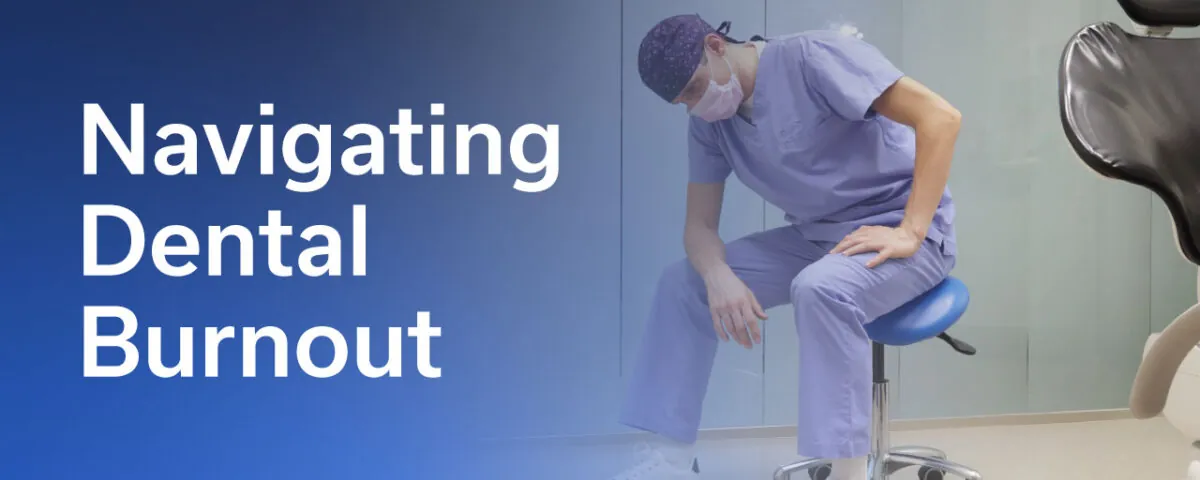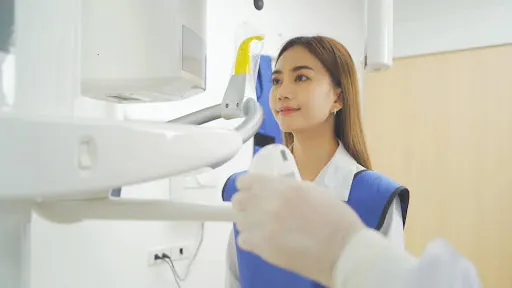Dental burnout: a term known all too well among dental professionals across the world. In recent years, particularly since COVID-19, medical professionals have encountered extreme work conditions with little to no time to rest, eat, or use the restroom. Despite these circumstances, providers were still expected to be alert and engaged with patients.
So, what are signs of dental burnout? Symptoms can include chronic fatigue, decreased motivation, cynicism, and reduced productivity. Fortunately, there are things you can do to reduce these intense feelings. Here are a few suggestions that may help you regain joy and satisfaction in dentistry

Invest in Yourself and Join a Supportive Community
Join dental support Facebook groups or speak with other dental professionals in a similar situation. Groups like Dental Nachos can provide meaningful support, an outlet to vent, and a platform where you can relate to other dentists dealing with similar feelings of dental burnout.

Take Care of Your Physical Health
Mental health and physical health go hand in hand. Be sure to prioritize regular exercise and eating well. In the dental office, invest in proper ergonomic stools and equipment that minimize workplace strain and injury.
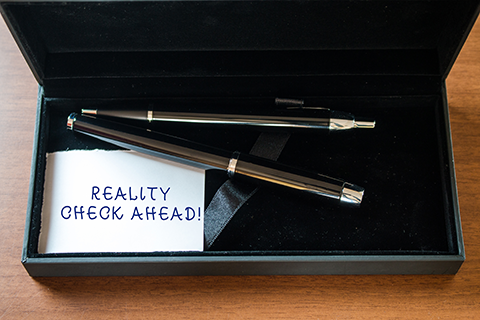
Set Realistic Expectations
You can’t do it all, so don’t overbook yourself. Delegate tasks when necessary and find ways to simplify things around your practice. Cutting down on the fluff may show you that some tasks aren’t as necessary as you previously thought.
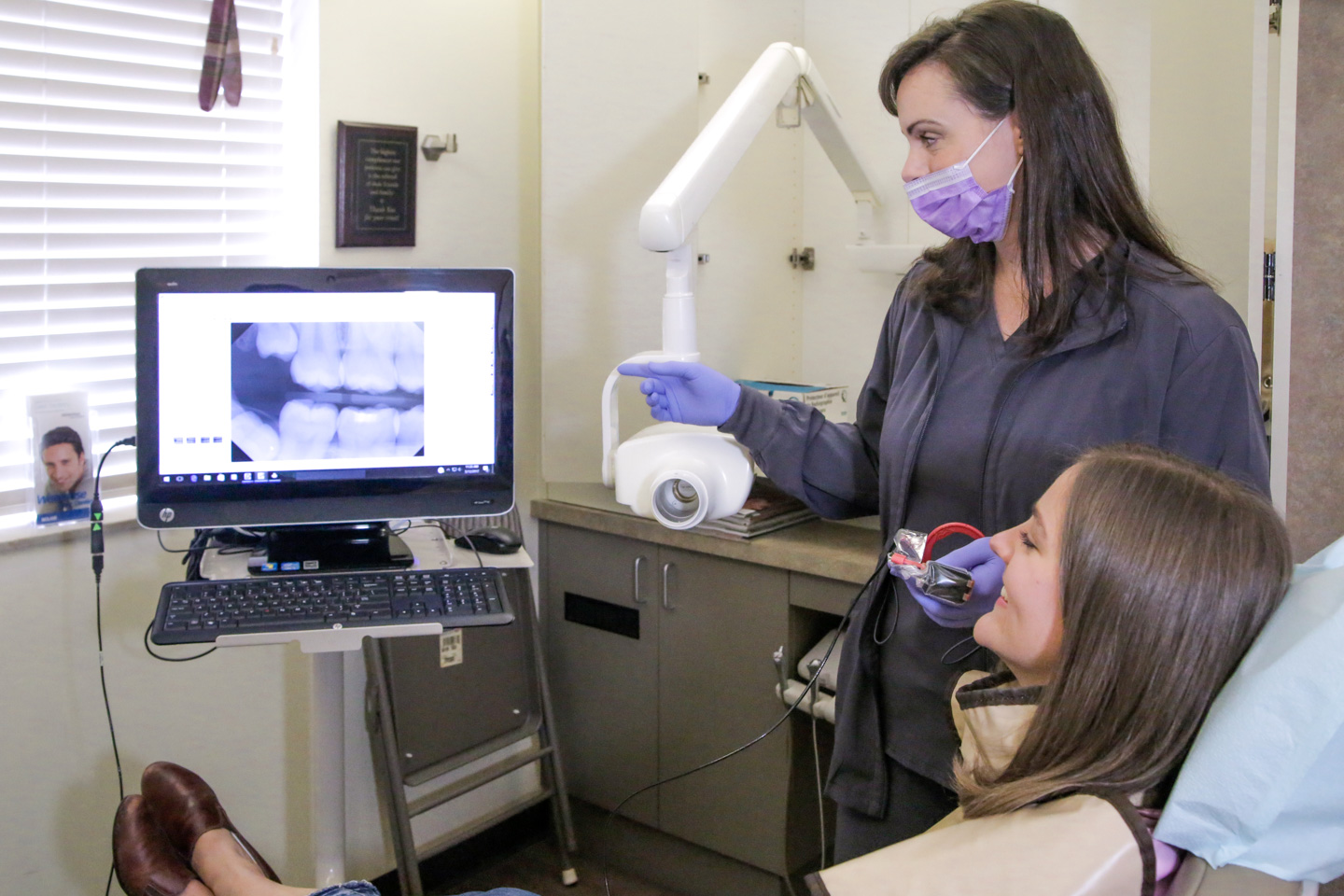
Choose Reliable Products
Nothing causes dental burnout and stress more than unreliable dental equipment. Invest in high-quality products that you know will work. This can include easy-to-use dental software or warranty-protected dental sensors.
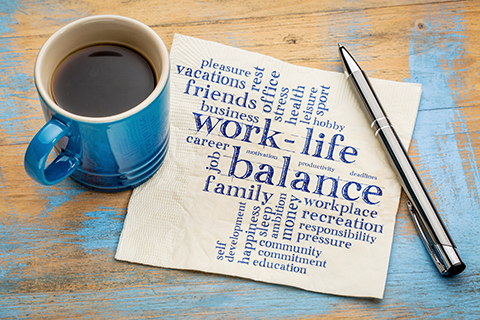
Establish Clear Boundaries Between Work and Personal Life
Don’t strive for the perfect schedule; strive for a realistic one. At work, devote all your energy to work. At home, devote all your energy to being present with your family. Keeping the two separate is integral to maintaining a work-life balance. Over time, you will learn how to balance both and adjust where necessary.

Fight Dental Burnout With a Structured Sleep Schedule
Studies from the National Library of Medicine show that a lack of sleep contributes to a myriad of problems including mental health, burnout, physical health, lack of focus, and more. Put your body first and make it a goal to get enough sleep each night to refuel your body.
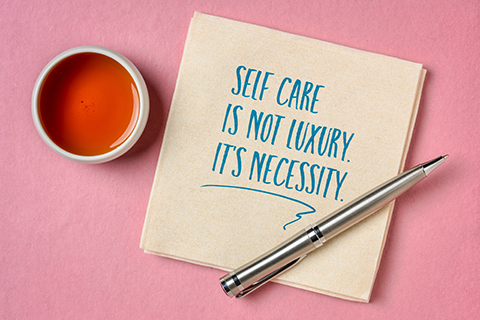
Prioritize Self Care
Pick up a new hobby, take a vacation, watch your favorite show, talk to a therapist, or catch up with friends—any activity that helps you recharge is crucial to overcoming dental burnout. Remember that it’s important to prioritize yourself too, not just your patients.
By finding ways to maintain your well-being, you can prevent dental burnout and give your patients (and yourself) the most effective, quality care.


